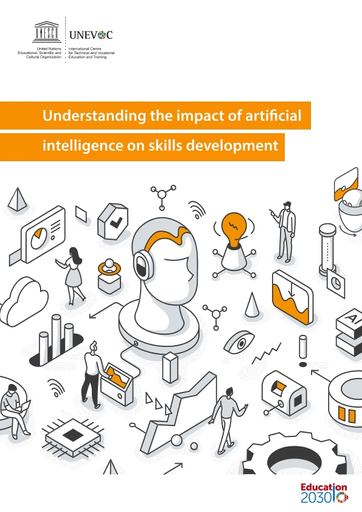AI and Job Displacement
Introduction
Artificial intelligence (AI) is rapidly becoming an integral part of our daily lives, with applications in various industries such as healthcare, finance, transportation, and more. However, one of the most significant concerns that comes with the increasing use of AI is the potential for job displacement. In this article, we will discuss the effects of AI on the job market and the potential implications for workers.
The Impact of AI on the Job Market
One of the most significant impacts of AI on the job market is the automation of certain tasks and processes. As AI technology continues to improve, machines are becoming increasingly capable of performing tasks that were previously only done by humans. This includes jobs in manufacturing, transportation, and customer service, among others.
According to a report by the McKinsey Global Institute, as many as 800 million jobs could be displaced by automation by 2030. This represents a significant portion of the global workforce and could have a significant impact on the job market.
However, it's important to note that AI is not just replacing jobs, but also creating new ones. For example, the development and implementation of AI systems require a wide range of skills, such as data science, machine learning, and software engineering. These jobs are in high demand and pay well.
The Impact on Workers
The displacement of jobs due to AI can have a significant impact on workers, particularly those in industries that are most at risk of automation. These workers may face significant challenges in finding new employment, particularly if they lack the skills and education required for the new jobs being created.
Additionally, the displacement of jobs due to AI could lead to an increase in income inequality, as those who are able to adapt to the new job market will likely earn higher salaries than those who are not.
Mitigating the Impact
To mitigate the impact of AI on the job market and workers, there are several steps that can be taken.
Education and training: Providing education and training opportunities for workers can help them acquire the skills needed for the new jobs being created by AI. This could include training in data science, machine learning, and software engineering.
Government support: Governments can provide support to workers who have been displaced by AI, such as through unemployment benefits and job retraining programs.
Redistribution of wealth: Governments can also implement policies to redistribute wealth and ensure that the benefits of AI are shared more equitably.
AI has the potential to bring significant benefits to society, but it also raises concerns about job displacement. While AI will lead to the creation of new jobs, it's also important to consider the impact on workers who may be displaced by automation. By providing education and training opportunities, government support, and redistributing wealth, we can help ensure that the benefits of AI are shared more equitably.
It's important to note that AI and job displacement is not a new problem, technology has been displacing jobs for decades and it's important to approach this problem as part of a bigger picture. It's important to find a balance between the benefits of AI and the future of work for all.
.png)




Comments
Post a Comment